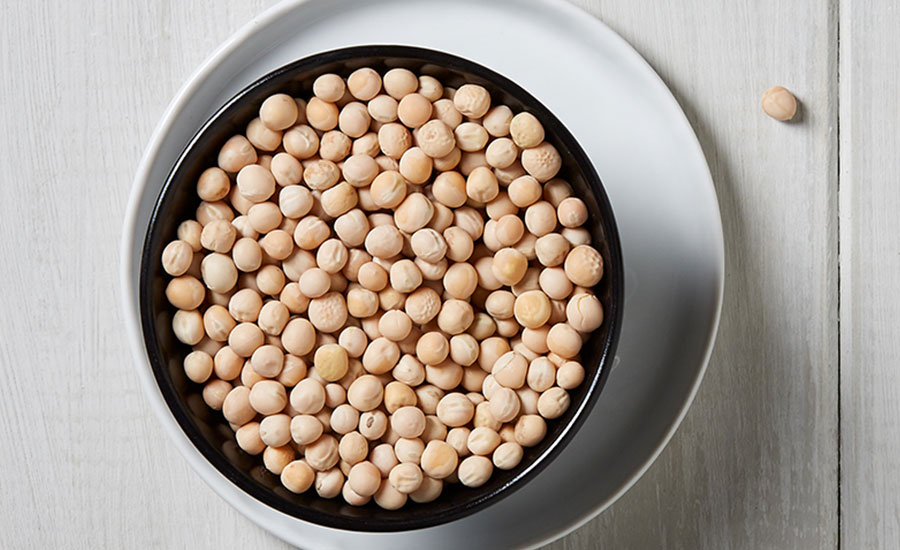Roquette celebrated the opening of the world's largest pea protein plant, further extending its leadership position to meet surging global demand for alternative proteins. The new "Plant for the Future" gives Roquette the largest pea protein supply in the world alongside some of the world's best experts in developing new plant-based foods.
Roquette has already helped millions of people add more plant-based proteins to their diets. The company works closely with food leaders to develop new products and solutions that are contributing to the development of a new plant-based cuisine offering sustainable food for a healthier planet. Demand for pea protein has been booming with multiple industry estimates expecting an annual global growth rate between 15 and 24% over the next decade.
With the new plant, Roquette has responded to that demand and is the only company with major pea protein facilities on both sides of the Atlantic.
The new plant is perfectly situated—just outside Winnipeg in Portage la Prairie, Manitoba—in the Canadian Prairies. The region produces more peas than any other in the world, all within a day's drive of the plant. With easy access to the United States and international markets by road, rail and air, the new plant is the largest player in a region becoming known as the "Silicon Valley of Plant-Based Protein."
With this new facility, Roquette has largely exceeded the half a billion euros investment in plant proteins it had targeted in the period 2015-2020. This includes equity investments, acquisitions, upgrades to the plant in Vic-sur-Aisne, France and the brand-new plant in Portage, which is Roquette's largest ever North American investment. The 200,000-square-foot-plant has the capacity to process 125,000 tons of yellow peas per year. When combined with Roquette's plant in France, the company's capacity now rises to 250,000 tons of peas per year and confirms Roquette's leading position in this market.
Nutritionally, peas are an excellent protein source. They're high in fiber and low in fat. On the farm, peas are more environmentally sustainable. They require less water to grow than most other crops, and farmers like that they use less nitrogen fertilizer, while they also naturally produce compounds beneficial to soil health.
Consumers love pea protein as an alternative protein source because it is easily digestible, gluten-free, non-GMO and has low allergenicity. Roquette's NUTRALYS® pea protein makes it possible to create a vast variety of delicious and sustainable food products, including meat alternatives, nutrition bars, plant-based biscuits and beverages.



